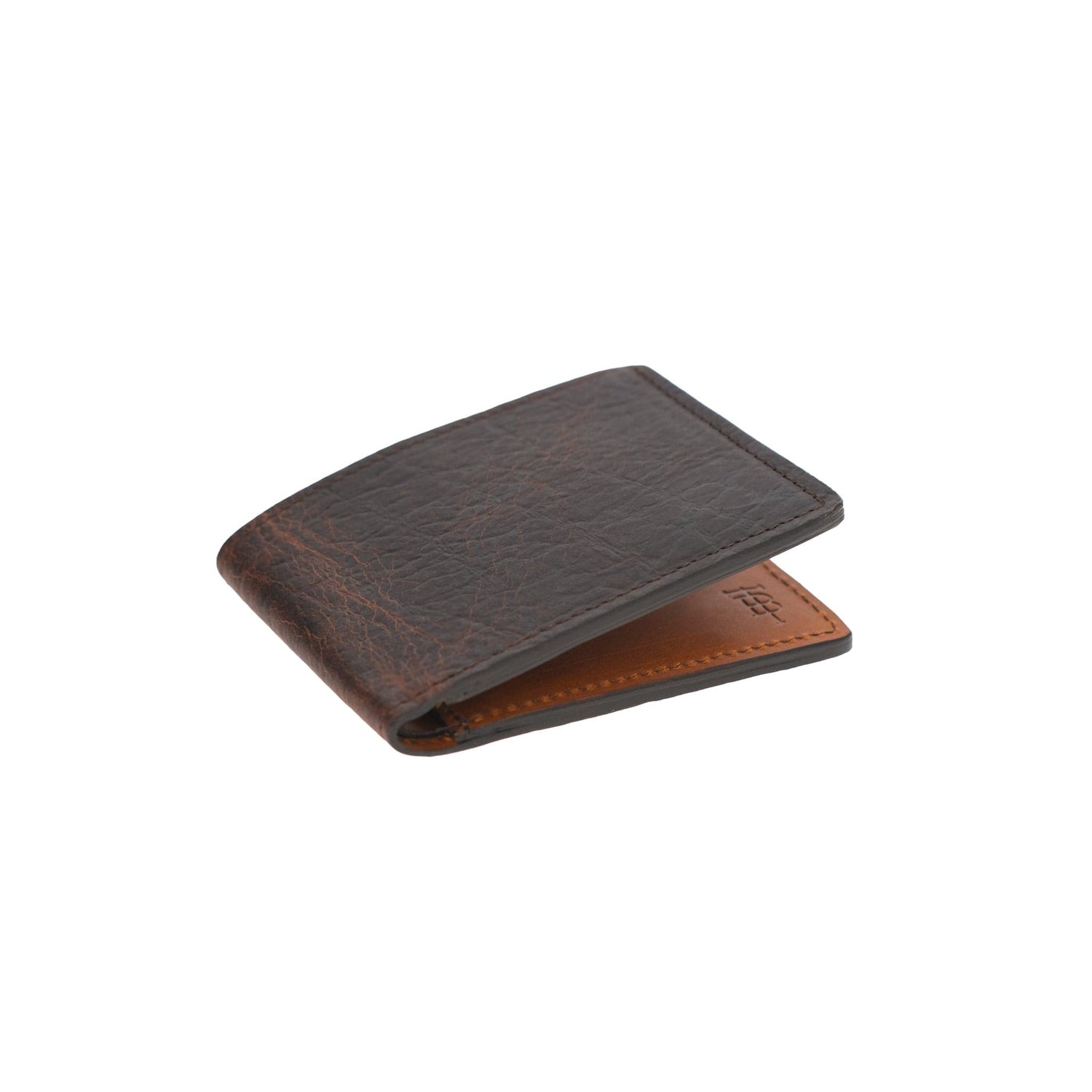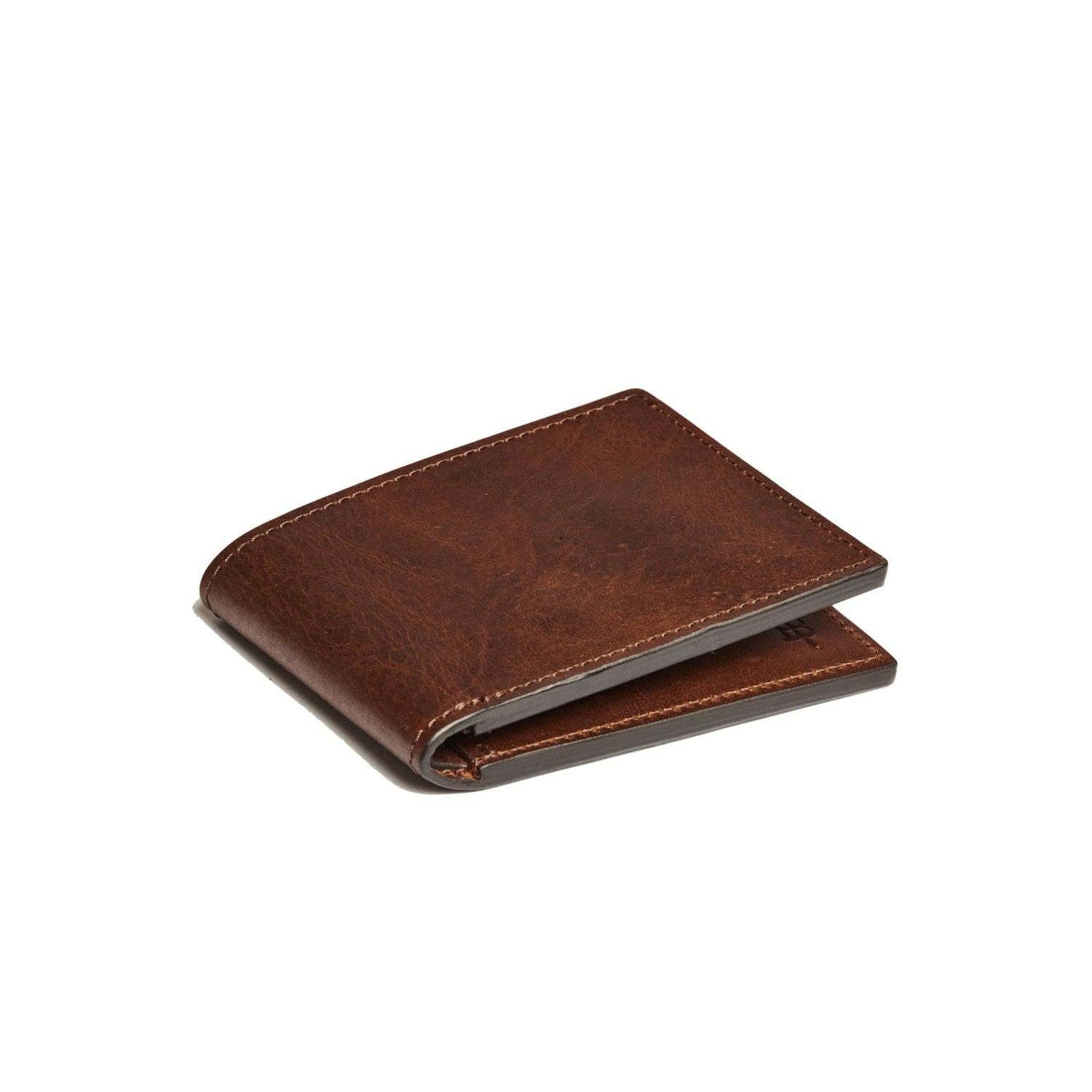I am practically skipping back to my truck, though being careful not to bounce the pair of ruffed grouse stashed in my vest. I’m going to turn these into a special meal for my family; something with cranberries, rosemary, and butter.
I load my shotgun into its case, set the vest behind the driver’s seat, and hop in. An old Led Zeppelin CD carries me through the woods where radio and cell signals are weak. As I turn onto the two-lane blacktop at the bottom of the ridge and turn west, I call my wife, give her the good news about my success, and that I will be home within an hour.
As I am prone to do, I make phone calls to friends and family en route home from a hunt. But it is my mother who I think to call this afternoon. Thus, instead of dialing through my favorites on my phone, I drive home in silence, letting my mind wander.
The thought of calling my mother strikes me as “funny,” and I am surprised that instinct had kicked in. Old habits.
My mother died over a decade ago, succumbing to an autoimmune disease that neither she nor her doctors could effectively manage. I often think of her afield both because of the proximity of her death to hunting season and because sitting in a duck blind, walking fields for pheasant, or sitting on a ridge glassing for deer is where I find opportunities to meander through life’s complexities.
Driving home, memories play through my mind like home movies on a projector: my mother’s face framed by her curly, blonde hair, complete with her big, beautiful smile; her laugh, more giggle than chuckle, and uniquely her own; hiking at Silver Creek Falls State Park; hearing her cheer following a base hit during my baseball games; the fishing trip on Olallie Lake when we got caught in a downpour; our mother-son dance at my wedding.
I imagine what could have been had things been different.
By the time I reach home, I’ve lost the giddiness I felt on the mountain. I hang the grouse in the shed, and go inside to give the report to my wife. She’s waiting for me at the top of the stairs; I am sure she notices I am not as cheerful as I should be given my success. I tell her I have a pair of birds to take care of as she fills up a cup of coffee for me. She reminds me we have dinner plans at her folks’ place, so I commit to making quick work as I scoot out the door and back to the shed.
I pluck and clean the birds quickly, happy to find neither had any shot in the body and only one with a broken wing. Carrying the birds in a Pyrex dish, I head into the kitchen to finish the job as well as to consult my Hank Shaw library to find the right recipe.
As I rinse and pat the birds dry, my mind returns to memories of my mother. I imagine what she would do with grouse; probably roast them whole with potatoes and pearl onions. She would probably forget to apply any oil, thereby drying them out. She was not known for her cooking. In fact, she was better known in our family for her epic cooking failures, salmon loaf and eggnog pie the most noteworthy. Thinking I am alone in the kitchen, I allow myself to chuckle.
“What’s so funny, Dad?”
Surprised, I look up from my work to see my nine-year-old daughter standing opposite the kitchen island from me, a puzzled look on her face.
“Oh, I was just thinking of something.”
“What were you thinking about,” she asks.
“I was thinking about what your grandmother - my mother - would do with a pair of grouse, and how she would probably mess it up,” I answered, still chuckling.
I look at my daughter, who is studying me with intention. I can see the curiosity in her eyes, which are shaped like mine;mine like my mother’s. Satisfied with her line of inquiry, she skips back down the hall to her room.
I finish removing the last few feathers from the birds just as my wife comes into the kitchen to see if I had completed my work. As I begin cleaning up, I tell her about the hunt and how I thought to call my mother on the drive home. She comes around the island and kisses me on the cheek, leaving me to finish my work.
I put the birds in the refrigerator, clean the counter, and load the dishwasher, then sit down with two fingers of Lagavulin. Sitting in silence, staring into the caramel-colored surface in my glass, I am reminded of a passage from A River Runs Through It by Norman Maclean:
Not far downstream was a dry channel where the river had run once, and part of the way to come to know a thing is through its death. But years ago I had known the river when it flowed through this now dry channel, so I could enliven its stony remains with the waters of memory.
Whether it is roasting grouse or joking about her infamous salmon loaf, remembering - as well as sharing - these experiences are her waters of memory. My outdoor pursuits are part of how I interact with those waters, bringing them back to the dry channel.
However, memory is not the only thing left; I am still here, and my love endures. And her grandchildren are thriving, and they get to hear my stories of the grandmother they never met. They too return water to that channel, helping me to see her in them.
As long as I hold her memory, share stories of her life, and live my own life with intention, her channel will never run dry.
About the Author
Jordan grew up in Oregon's Willamette Valley fishing for coastal cutthroat and hunting Roosevelt elk and Black-tailed deer. Drawing on his passion for the outdoors, he created a career in conservation leading a local land trust's real estate efforts as well as championing conservation funding in the halls of the Washington State Capitol. He can be found hunting, fishing, gathering, and otherwise enjoying the outdoors with his family and friends from the high desert sagebrush to the blue-green waters of the Pacific Ocean.








